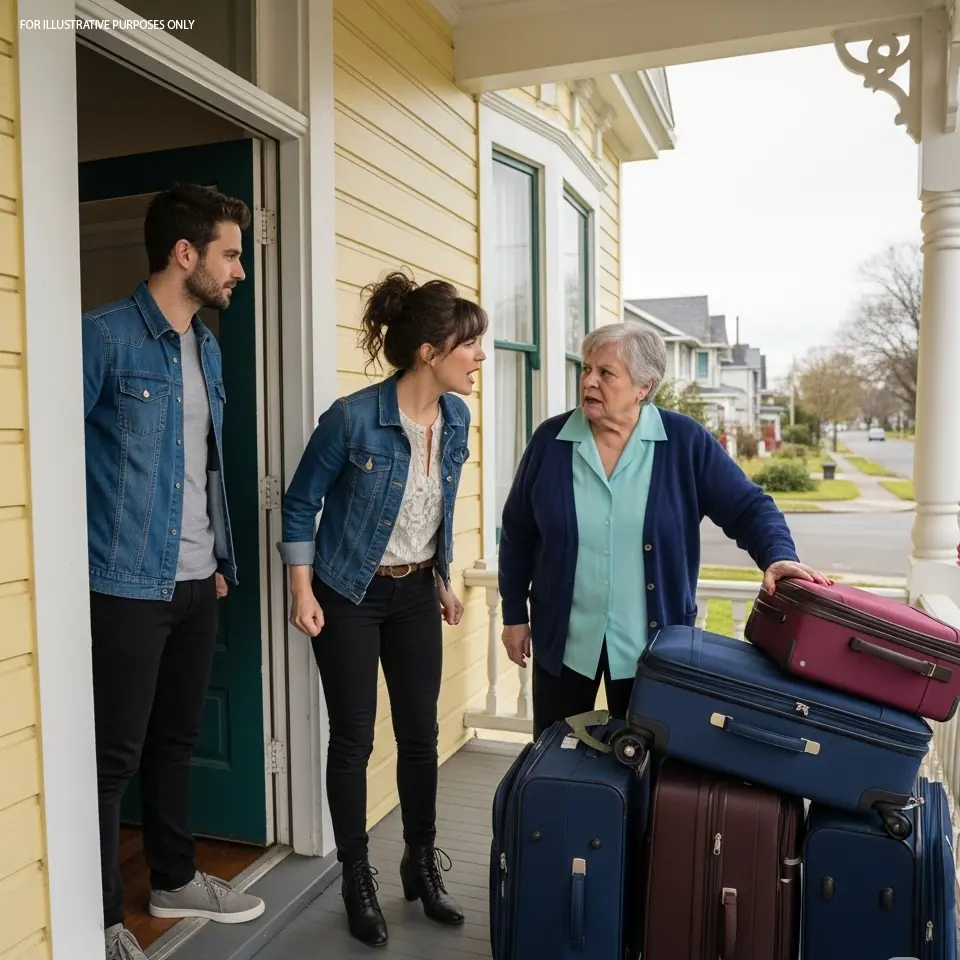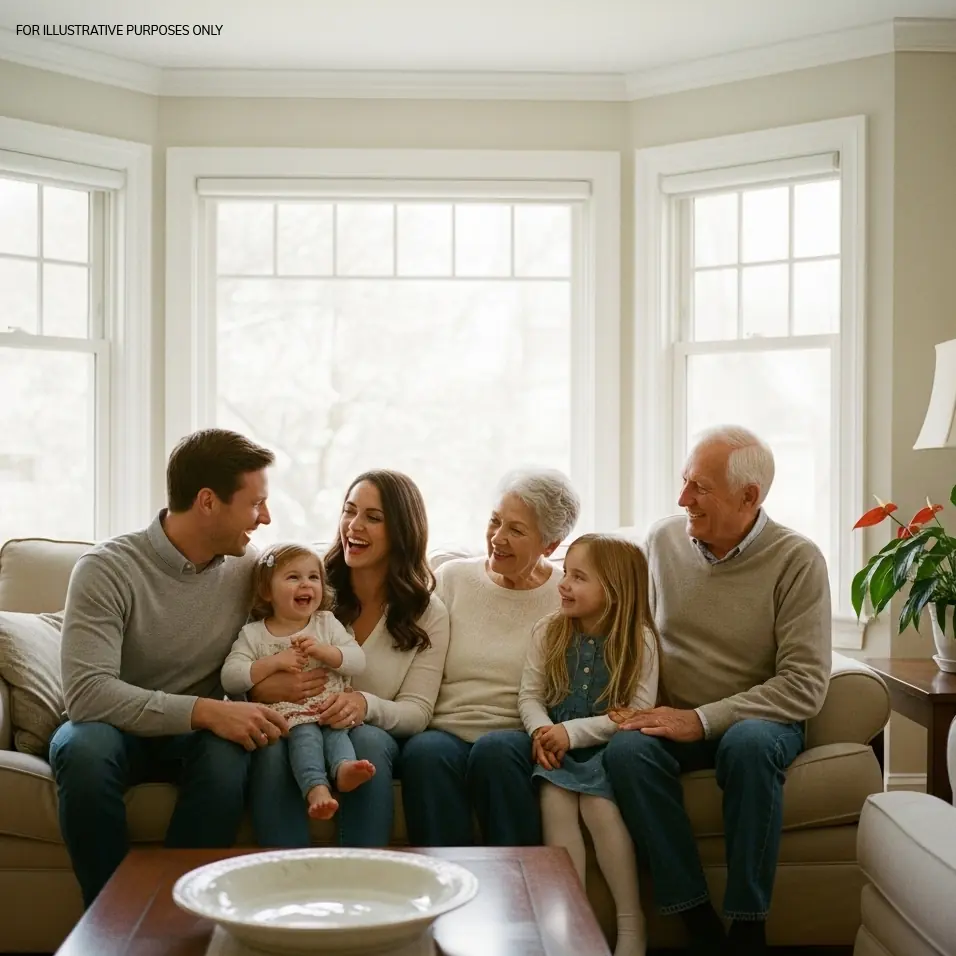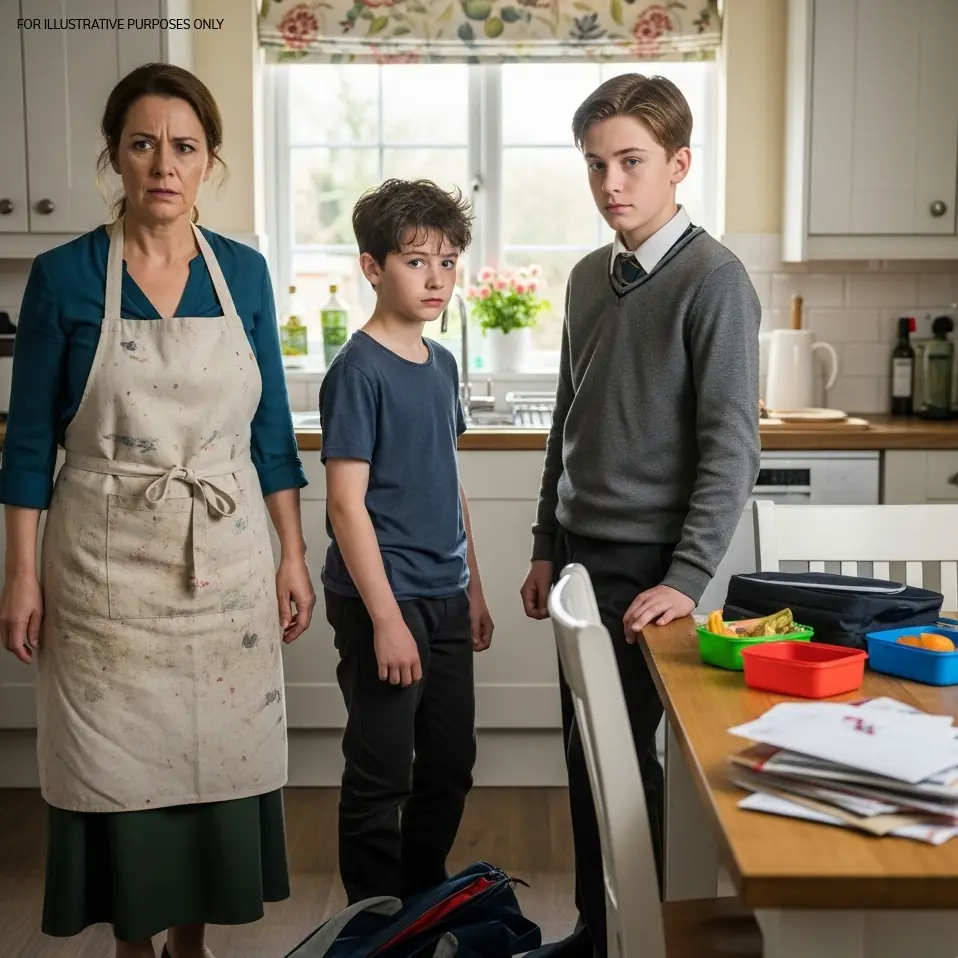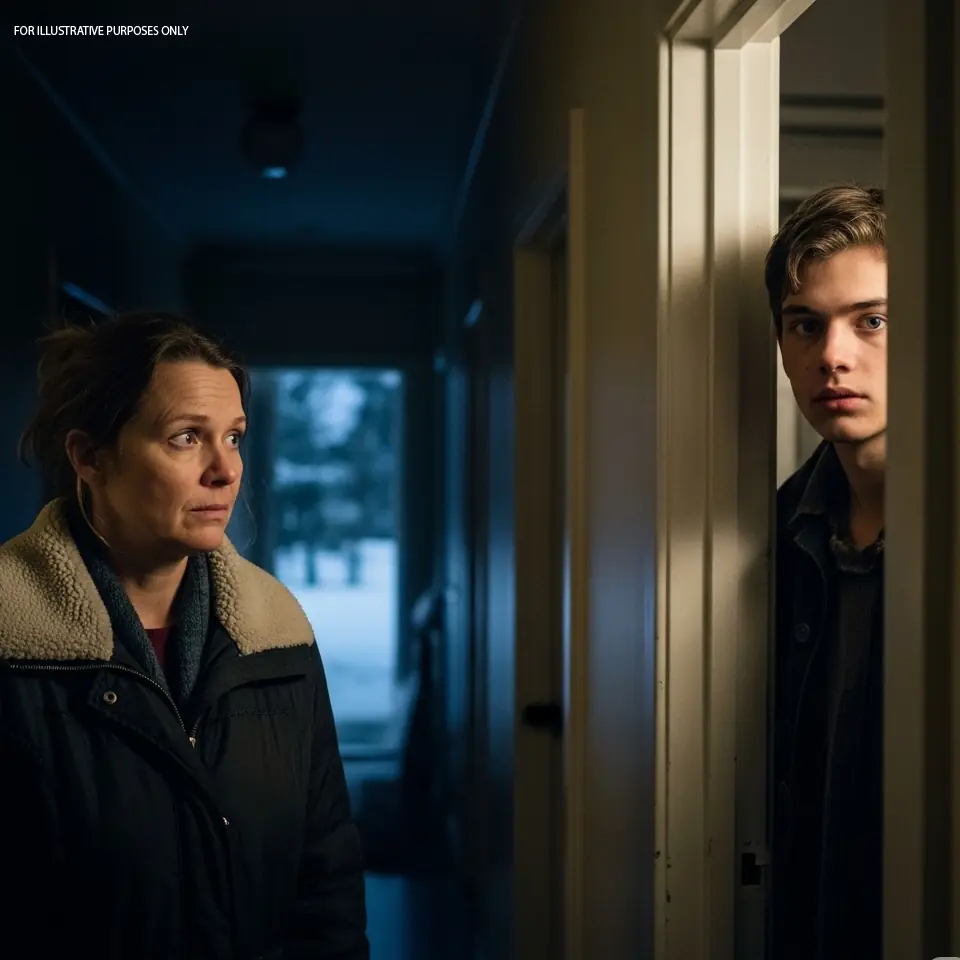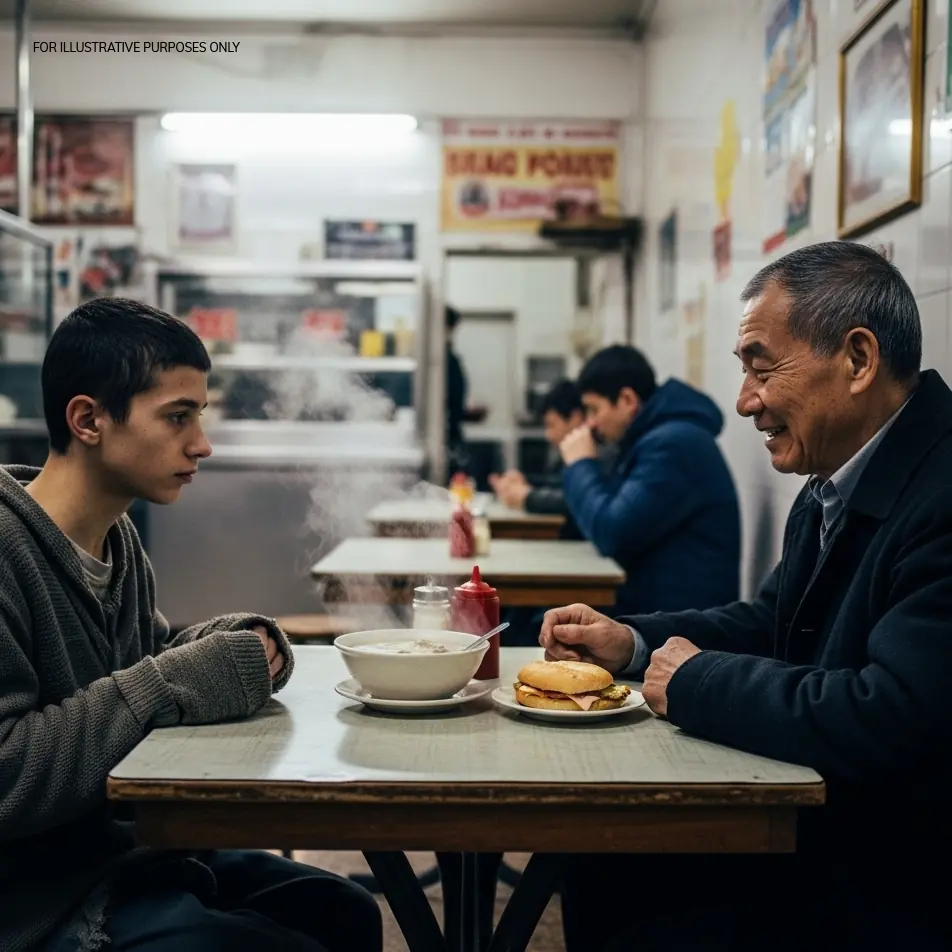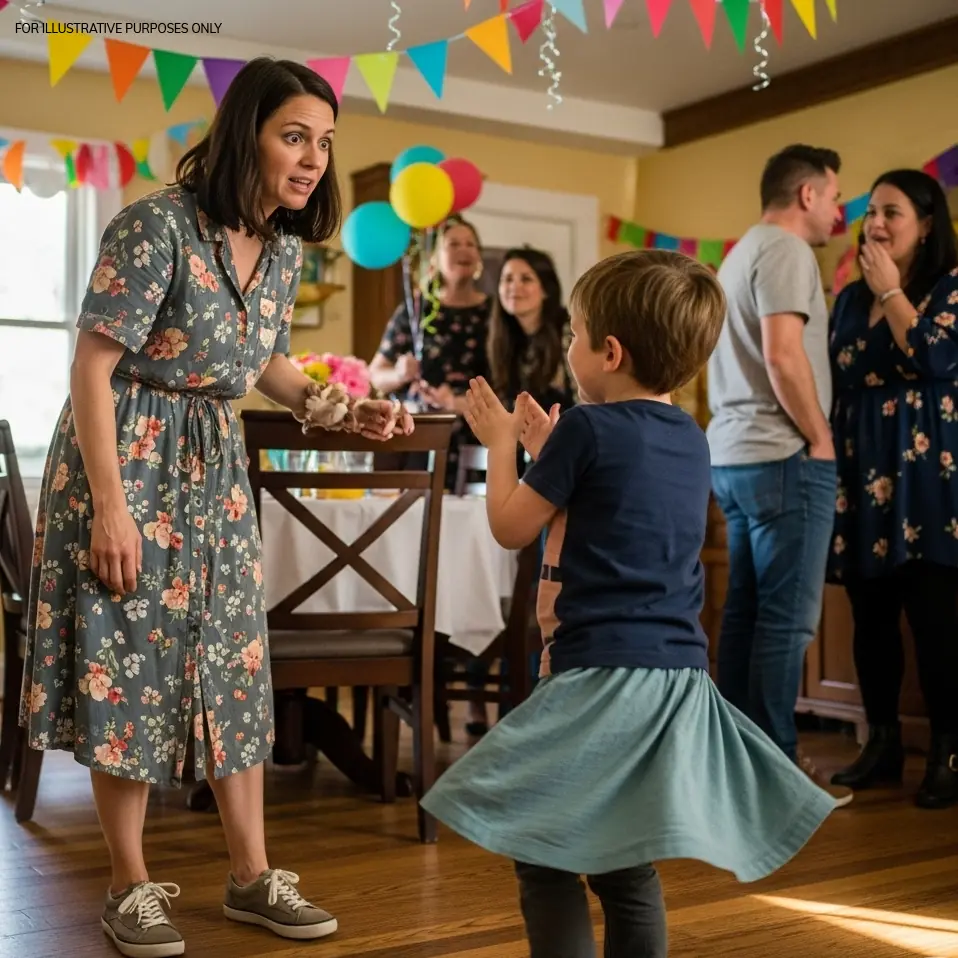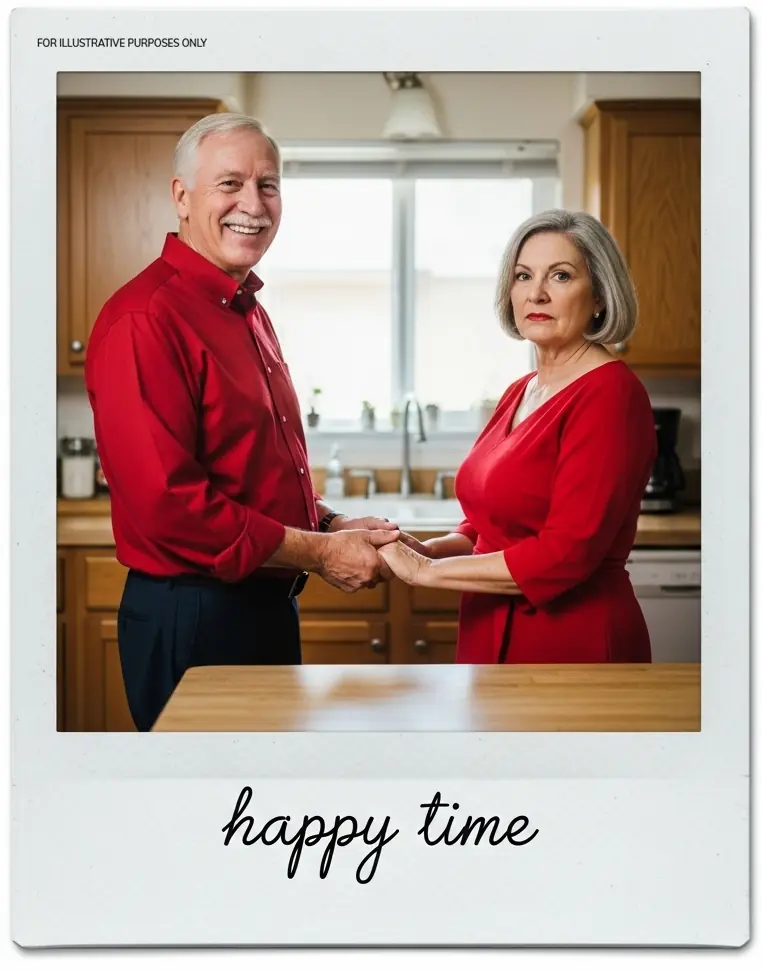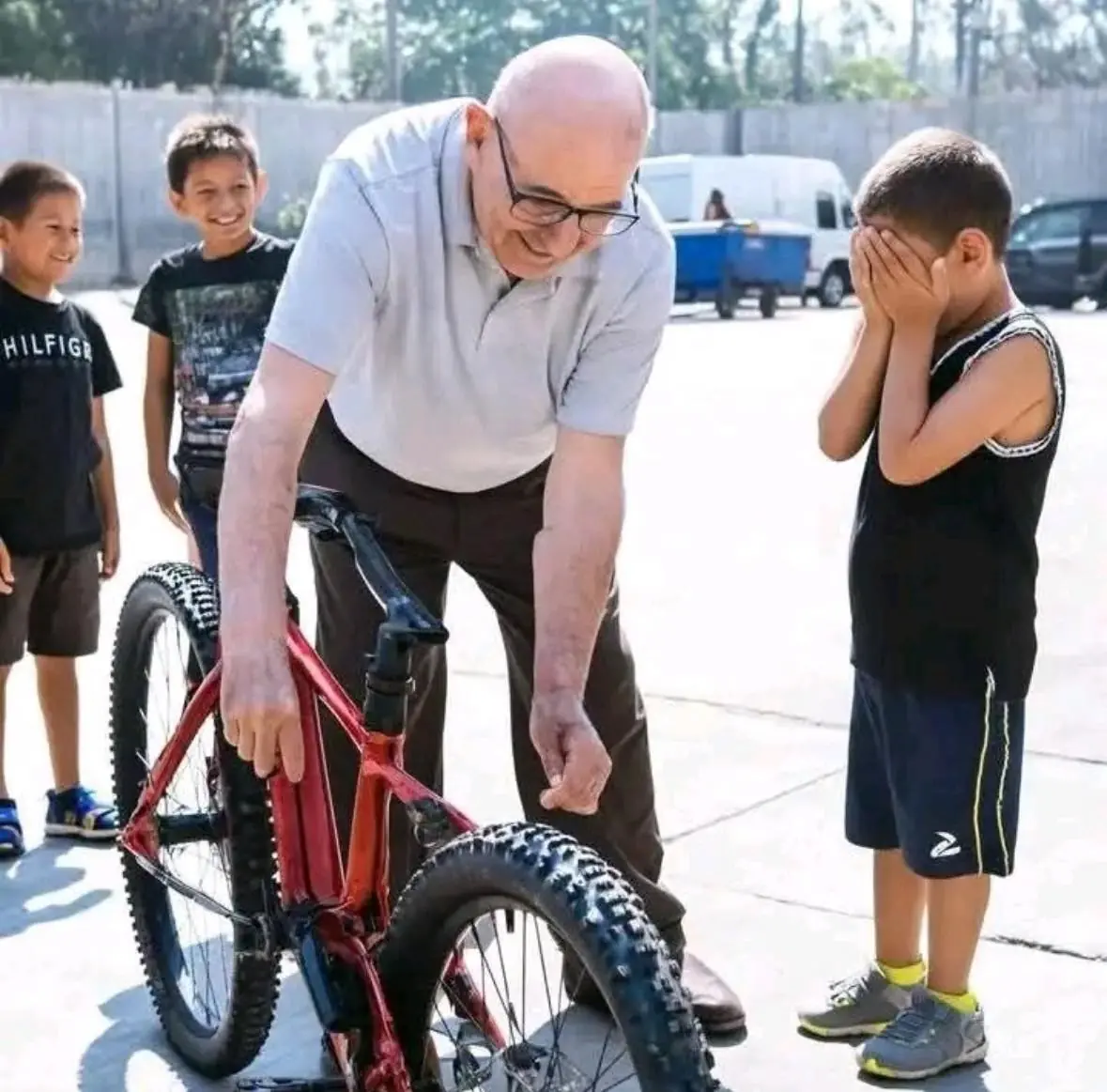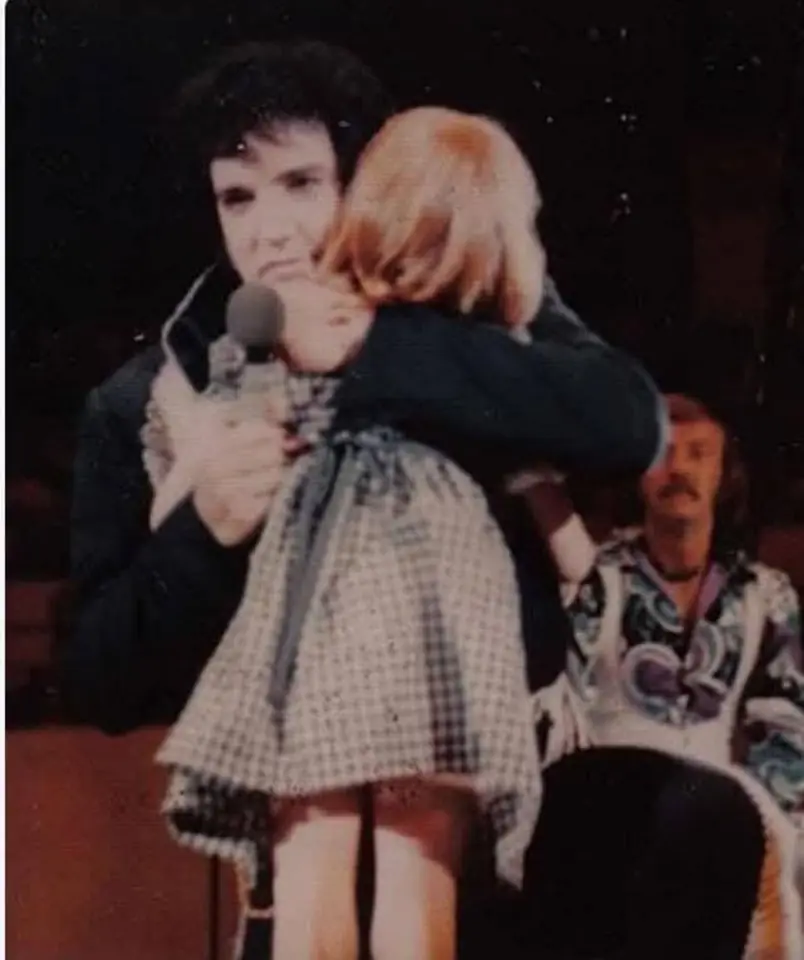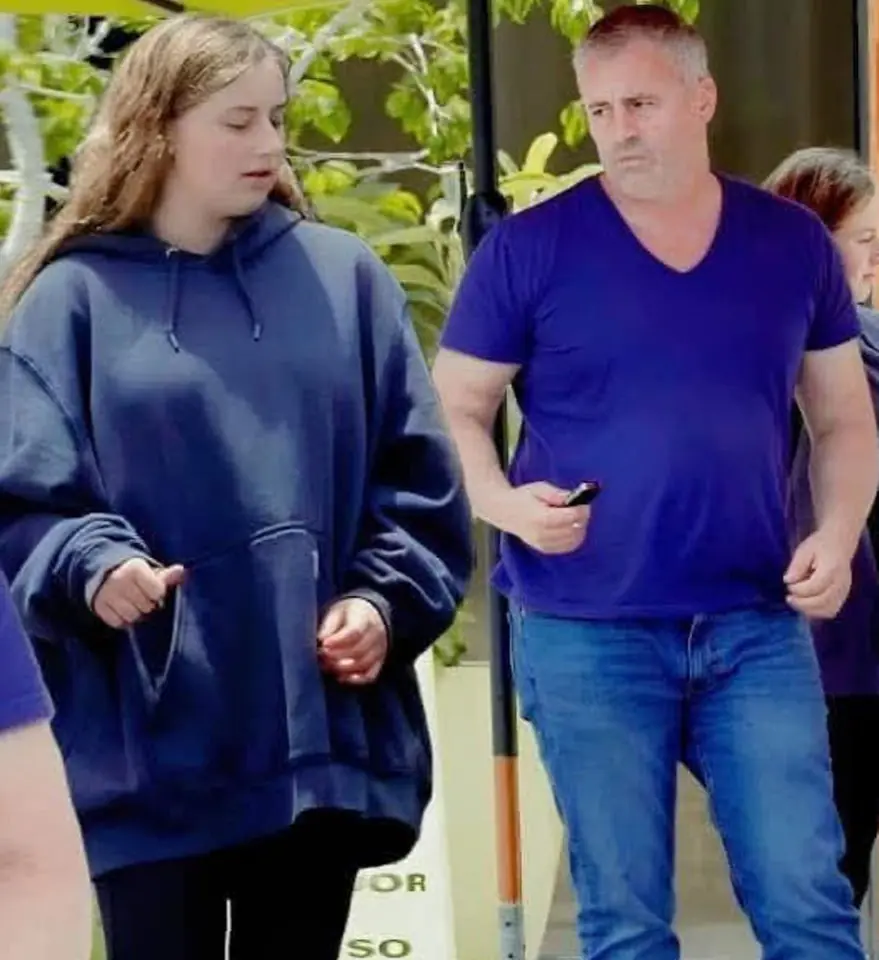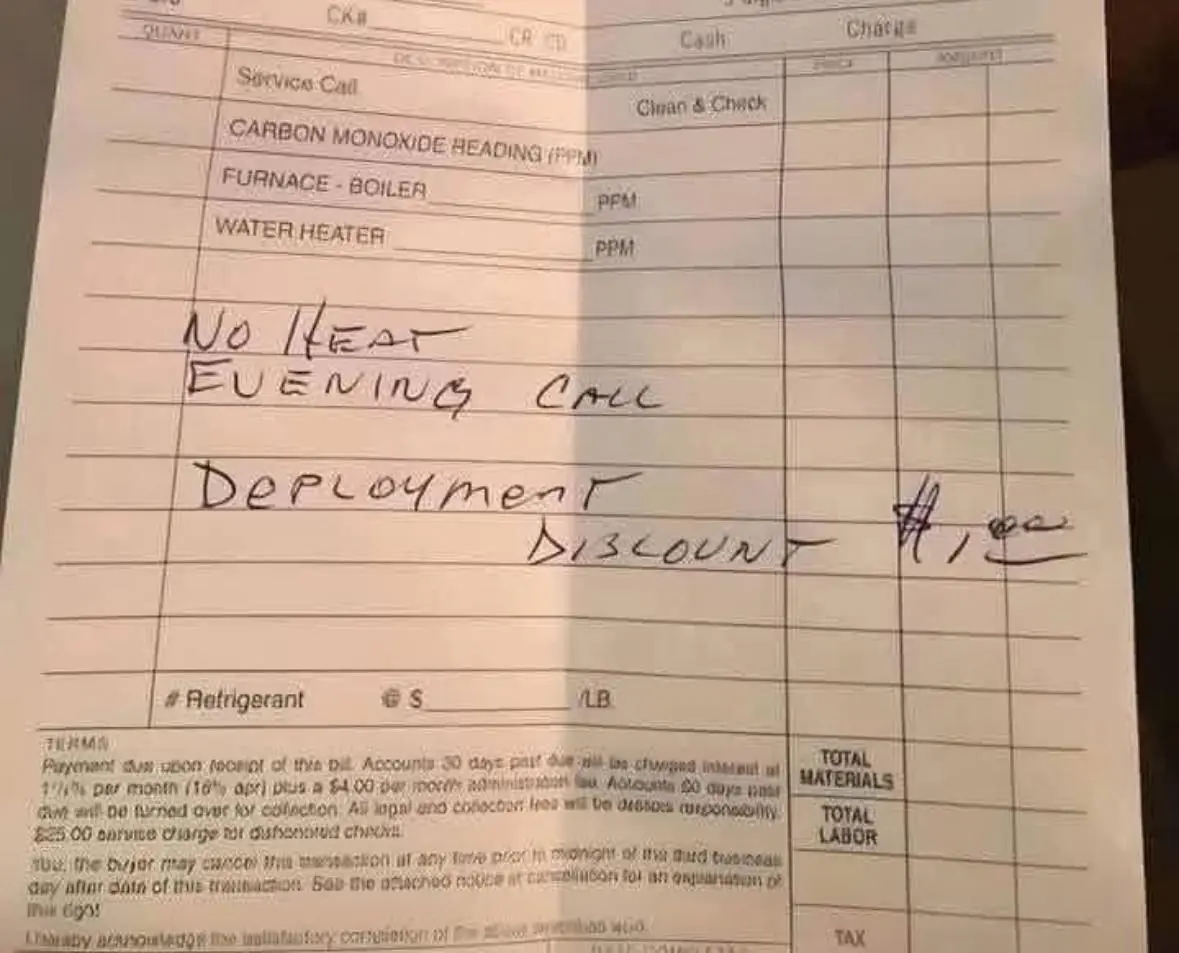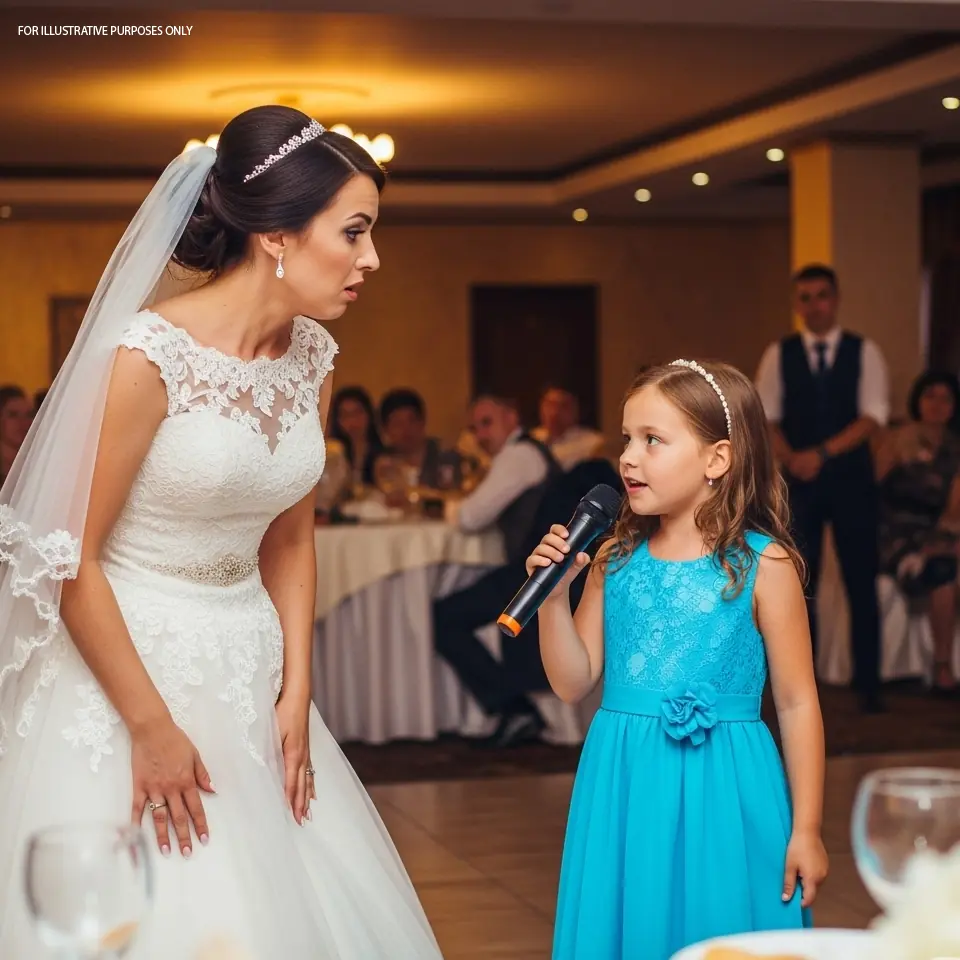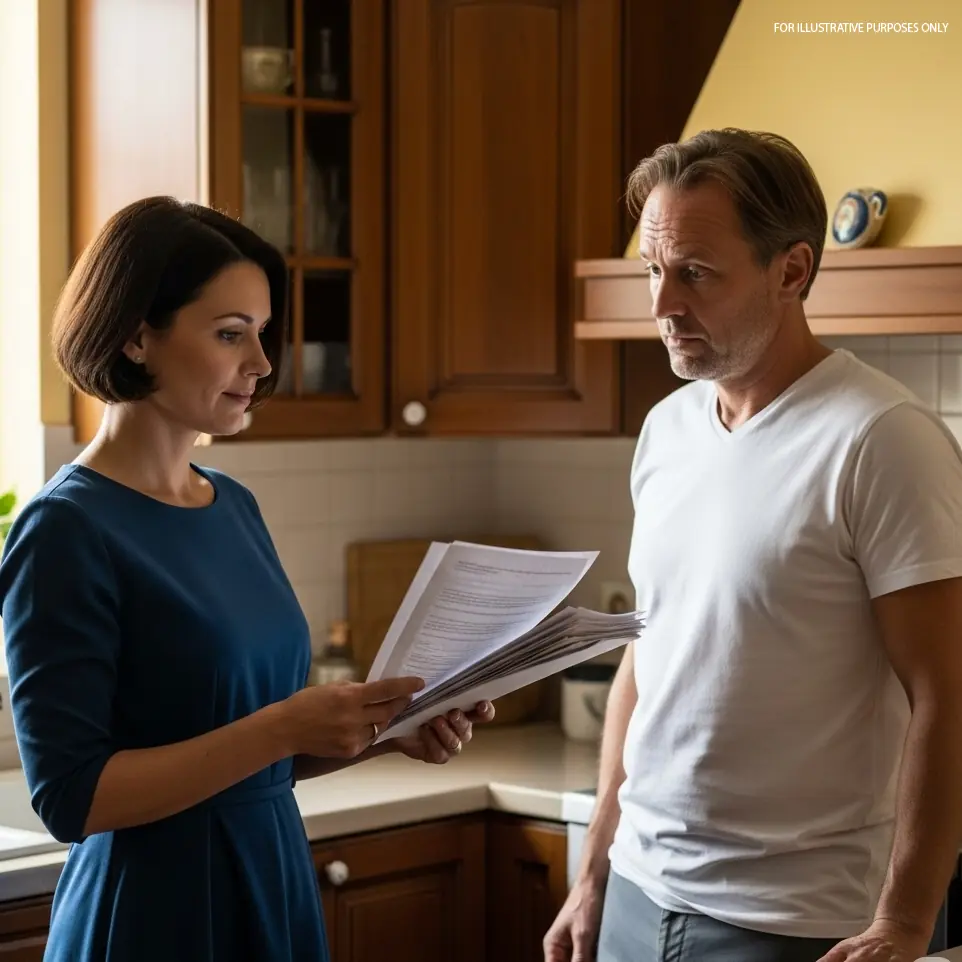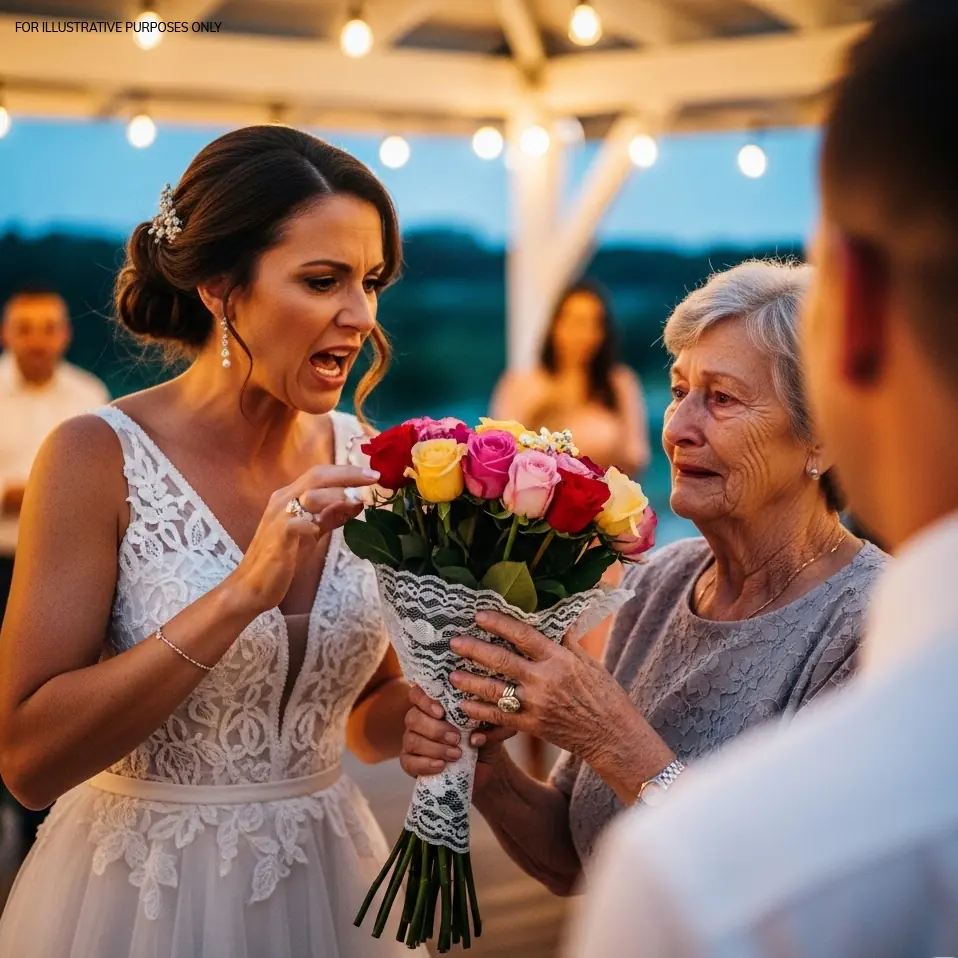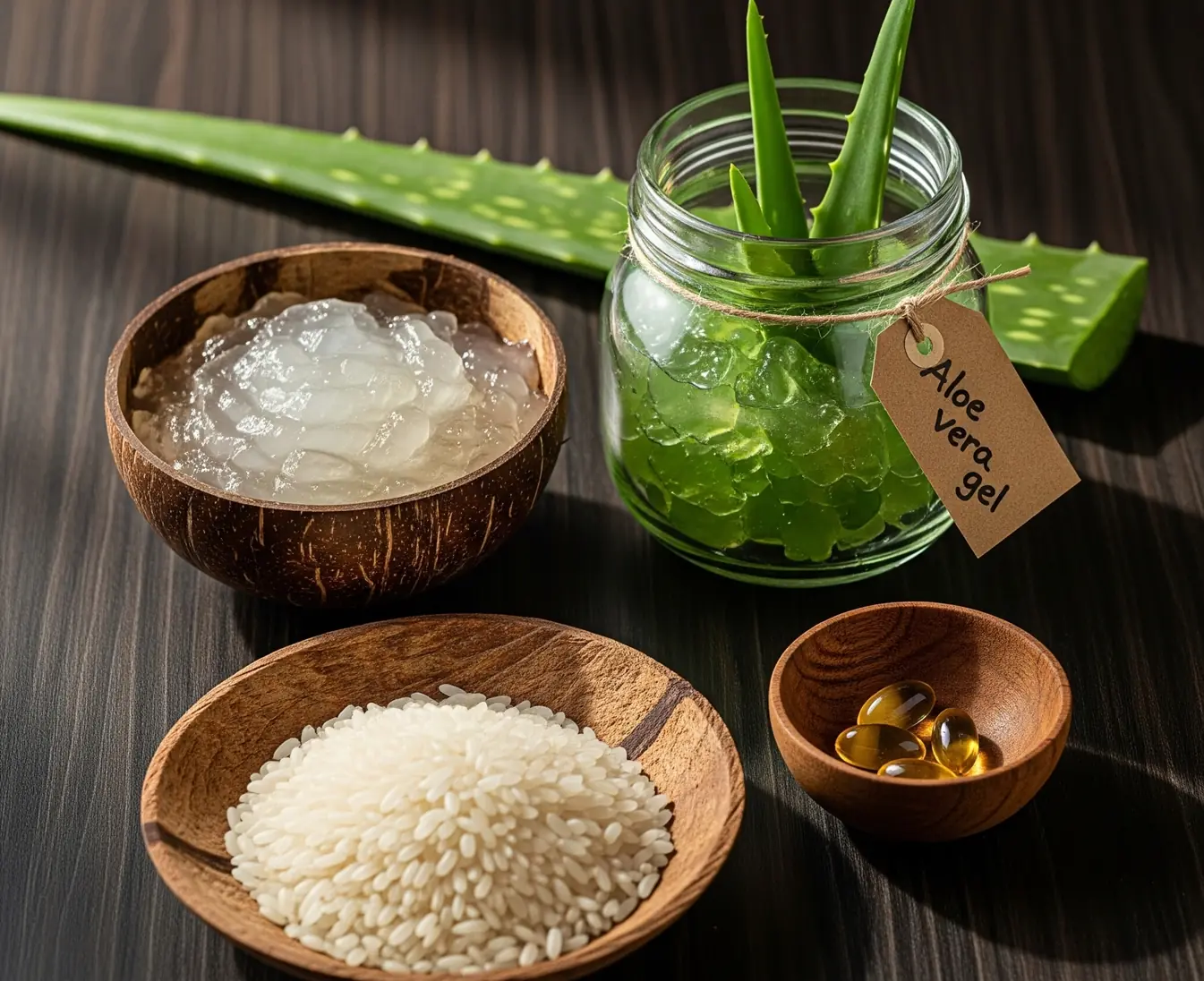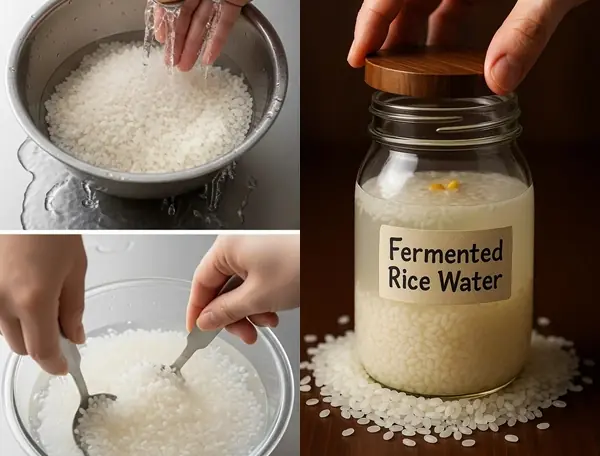Discover how living with my parents in our mid-30s transformed our family life—boosting support, love, and togetherness despite societal judgments. Embrace the strength in multigenerational living and redefine what family success truly means.
Living with my parents in my mid-thirties has always been a curious topic when it comes up. Sometimes, I catch people’s faces — that slight narrowing of the eyes, the subtle tilt of the head — when they find out Jason and I still share a roof with my mom and dad. It’s like I’ve just told them a secret that’s not supposed to be shared aloud.
At first, the judgment stung. I’d feel it in the air, thick and unspoken, like a heavy fog settling in the room. Questions that sounded innocent but felt loaded, “Oh, you live with your parents? Isn’t that tough?” Or the classic, “Don’t you want your own place, just the two of you?” came with a certain tone — the kind that implies we’re stuck, immature, or just not ‘making it’ in the way society expects.f
I won’t lie — there were moments I doubted myself too. I caught myself wondering if maybe I was falling behind, if maybe Jason and I were missing out on something by not having that traditional setup of a “home of our own.” I mean, in Western culture, independence is the holy grail. It’s what we strive for — moving out, paying our own bills, and carving out a space separate from our parents, a place that’s unequivocally ours. It’s the rite of passage into adulthood.
But here’s the thing: what if that idea doesn’t fit everyone? What if living with family isn’t a mark of failure or immaturity but a sign of strength, love, and practicality?
Jason and I didn’t just fall into living with my parents. It began when my dad had surgery and needed support. Suddenly, we found ourselves there, not just to help but to belong to something bigger than just our little nuclear family. Then the pandemic h!t, and staying apart wasn’t even an option. Slowly, what was meant to be a temporary situation became our reality — and to our surprise, it worked.
The kids, Lily and Max, blossomed with their grandparents around. Their days were filled with stories, laughter, and the kind of hands-on love that only grandparents seem to master. My mom’s eyes sparkled more than they had in years, cooking family recipes and rediscovering the joy of chasing little feet around the house.
For Jason and me, it was a revelation. We found ourselves more connected, not less. Our marriage strengthened because we shared responsibilities differently. We weren’t islands; we were a team, supported by a web of care.
But not everyone saw it that way.
One evening, at a friend’s barbecue, a casual comment h!t me harder than expected.
“So, how long are you two going to be living there? Still with your parents?” the host asked, half-joking.
I felt a flush of embarrassment, but I held my ground. “As long as it works for us,” I replied.
She raised her eyebrows. “I just don’t get it. Doesn’t it feel like you’re… stuck?”
That word — stuck — echoed in my mind long after the party ended. Stuck like a failure, like a child who hadn’t grown up. But the truth was exactly the opposite. I was standing on my own feet, stronger than ever. I was choosing love and family over lonely independence.
In many Asian cultures, it’s perfectly normal, even expected, to live with your parents well into adulthood. Family means more than just a unit; it’s a lifeline. Children, parents, grandparents — they all live together, support each other, share meals and burdens. It’s a culture of interconnectedness, not separation.
My parents came from that world, and it shaped how they love and how they care. They don’t see Jason and me as dependent. They see us as part of a collective whole — a family that thrives on togetherness.
Sometimes, I try to explain this to my friends, to people who come from the West and see our setup as unusual.
“It’s not about dependence,” I say. “It’s about connection. It’s about knowing that you have a team when life gets messy.”
There’s always a pause, a moment when they consider it. Sometimes they nod slowly, sometimes they change the subject. But I see a crack in their assumptions.
My own journey wasn’t smooth. There were days I wanted privacy, moments I longed to escape the constant buzz of family life. There were nights when the sound of my parents laughing downstairs felt like an intrusion.
But every time, I reminded myself: This is temporary. This is a gift.
The kids are growing up with their grandparents’ wisdom, learning lessons I hope they carry forever. And Jason and I? We’re building a future that’s not defined by societal norms but by what makes us whole.
I remember a conversation with my sister, who lives across the country in a big city apartment with just her husband and one child.
She said, “I envy you sometimes. Having your parents around, that kind of support—it’s something I don’t have.”
I smiled. “We’re lucky,” I said. “And it’s taught us that family isn’t just about living apart. It’s about living together, supporting each other through thick and thin.”
Living with my parents hasn’t held me back; it’s propelled me forward. It’s a daily reminder that strength comes in many forms — sometimes it’s in the independence we cherish, sometimes it’s in the community we create.
But I won’t sugarcoat it: the beginning was tough. Really tough.
Imagine two grown adults, married with kids, suddenly moving back into the house where you grew up — the house where every corner held memories of your childhood, your teenage years, and all the moments that shaped you. It’s like stepping into a time capsule, but this time, you’re an adult trying to find your place all over again.
The first few weeks were a whirlwind of awkwardness. Jason and I had to adjust to sharing space with my parents in ways we never had before. Privacy became a rare luxury. The quiet evenings we once treasured were replaced by the hum of the TV in the next room, my mom humming an old song as she folded laundry, my dad’s evening phone calls echoing through the hall.
I remember lying awake at night, staring at the ceiling, wondering if I’d made a mistake. Would this closeness suffocate us? Would the kids feel cramped? Would our marriage struggle under the weight of so many personalities under one roof?
There were moments of frustration, for sure. Like when I’d want to cook dinner my way, only to have my mom wander in with suggestions or reminders of family recipes. Or when Jason would get annoyed at the “interruptions” from my parents when he was trying to work from home.
At times, I caught myself feeling guilty for wanting space — as if needing a little breathing room made me ungrateful or selfish. But slowly, little things began to change my perspective.
One evening, I watched Jason and my dad sitting in the living room, laughing over a game of chess. My mom brought in fresh-baked cookies, and the kids eagerly gathered around, their laughter filling the room like music.
I realized then that these everyday moments, these little slices of togetherness, were what made this arrangement special.
We began to carve out routines that respected everyone’s needs. Jason and I designated our bedroom as a sanctuary where we could retreat when we needed quiet. My parents found joy in being part of the grandkids’ lives — helping with homework, attending school plays, sharing stories from their youth.
The boundaries between generations blurred, and that was okay. Instead of seeing it as a loss of independence, I started to see it as a gain — a network of support that lifted us when life’s demands felt overwhelming.
Yes, sometimes we clashed — small disagreements about chores, privacy, or parenting styles — but the foundation of love and respect made it easier to navigate.
I remember a time when Max scraped his knee badly at the park. Jason was away on a business trip, and I felt panic rising in my chest. My mom was right there, calm and steady, cleaning the wound, soothing Max’s tears. That moment cemented in me the value of this living situation. We weren’t alone. We had a team.
And the kids? They thrived. I watched Lily’s eyes light up when Grandma showed her how to bake her favorite cookies, or when Grandpa taught Max how to ride his bike without training wheels. The bonds they formed felt irreplaceable.
Of course, society still whispers its judgments. At school events, friends sometimes ask, “Don’t you want to move out soon?” or “How do you manage living with your parents?” But I smile and say, “It works for us.”
Because it does. It really does.
For anyone out there feeling judged for living with family, I say this: your life is yours to live, not theirs to define. There is no “one right way” to adulthood or success. Whether you live alone, with a partner, or under the same roof as your parents, what matters is that you create a life filled with love, respect, and support.
It takes courage to choose what’s right for you in the face of societal expectations — and that courage is something to be proud of.
At the end of the day, the greatest success isn’t measured by a separate address or a mortgage payment. It’s measured by a home filled with warmth, laughter, and connection — whether that’s in a new apartment, a family house, or wherever your heart feels at peace.
So here’s to breaking the mold, redefining success, and embracing family in all its beautiful forms.
